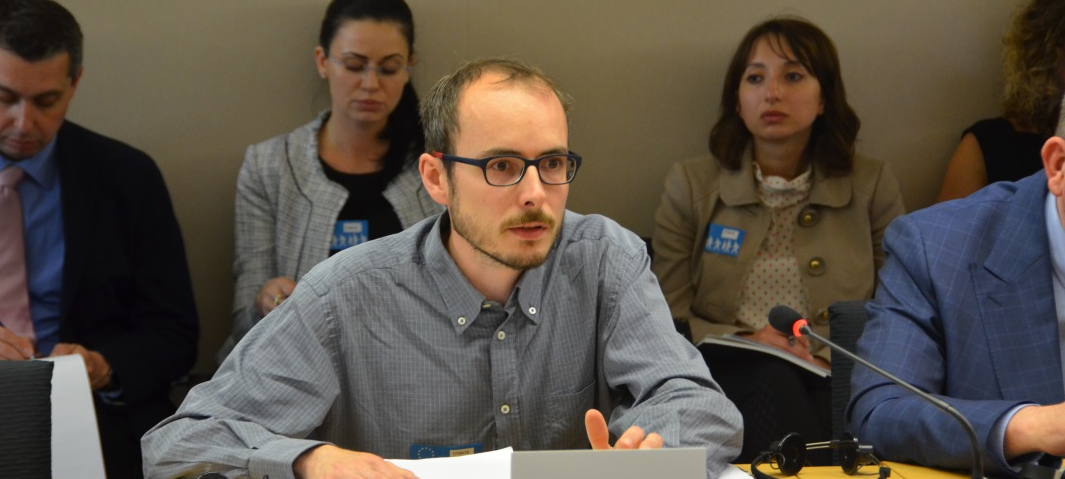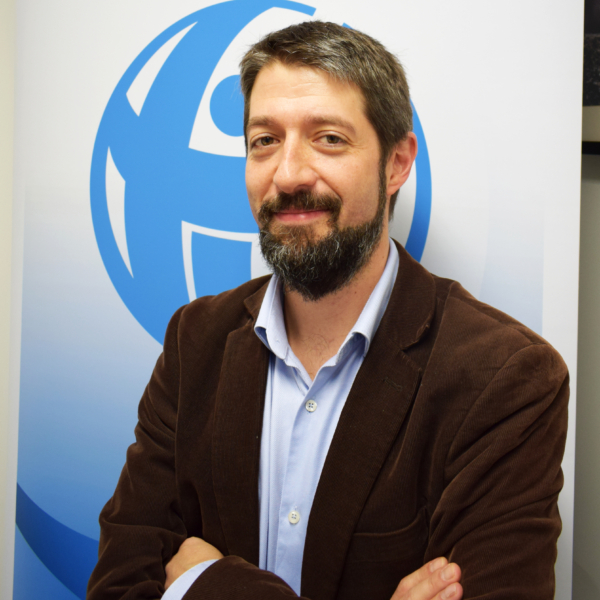This interview was originally published on the global Transparency International site here.
In 2011, Antoine Deltour told a journalist about sweetheart deals between multinational companies and the Luxembourg authorities to lower their tax bills. This became known as LuxLeaks and Deltour became the centre of a far-reaching scandal that landed him, a fellow worker Raphaël Halet and the journalist who broke the story, Edouard Perrin, in court.
Nevertheless, Deltour and the others remain accused of theft. At Transparency International we are supporting Deltour, Halet and the journalist Edouard Perrin and calling for an acquittal. More than 200,000 people have signed a petition in Deltour’s favour too, saying what he had done was in the public interest and cannot be considered a crime.The disclosures have triggered far-reaching debates about tax avoidance. The European Commission concluded that some tax deals in Luxembourg and in the Netherlands are illegal state aid and violate European competition rules.
On 15 June, two weeks before the verdict in the Luxembourg trial, Deltour talked to Transparency International about his experiences as a whistleblower.
Transparency International: Are you surprised by the support you have had from ordinary people on an issue like tax avoidance?
Antoine Deltour: Yes, it surprised me, because I couldn’t expect such mobilisation. That was very important and helpful for the trial since we were able to bring evidence from official testimonies from personalities, and also talked about this support from 200,000 people.
TI: You had to go through a lot to have this out in the public, including the trial. Would you advise others who see something similar going on in their context to do the same as you?
AD: My initial plan was just to be an anonymous source for a journalist. My advice would be to be very cautious of the risk you take when you blow the whistle. I think I am very lucky with all the public support and my personal situation, except, of course, I am now on trial. I think that for people who would like to blow the whistle it is very important to take advice from organisations like Transparency International.
TI: One of the things we have always found is that whistleblowers are advised not to talk to the press. What would you say?
AD: I would say that generally, it’s true. That’s why potential whistleblowers need to take advice from organisations like TI. But in specific cases you have no choice, and that’s what we said during the trial. In the Luxleaks case there were no legal grounds to blow the whistle internally because tax rulings, like the ones sought between the multinationals and Luxembourg, are part of the day-to-day activities of PwC and other big accountancy firms. For them, there was nothing to blow the whistle on.
With official authorities in Luxembourg it was the same: it was government practice in this country, there was nothing to say about this, so I had nobody to talk to except journalists.
TI: Do you think there are people like you, working in other kinds of companies, who see similar situations that they think are unethical, though perhaps not illegal, and they will also want to blow the whistle?
AD: I think that there are lots of people working in financial areas, but not only in the financial sectors, who have doubts about what they do in their work. They should have someone to talk about this with. They just go home every day from their jobs and feel they compromise their personal ethics because there is no option to talk about this, not publicly, nor internally, not to anyone. Of course there are thousands of potential whistleblowers.
TI: One of the things that has been claimed is that it wasn’t in the public interest because what PwC was doing wasn’t illegal. How do you respond to this?
AD: First, there is debate about this because, as you may know, the European Commission condemned certain member states, like Luxembourg, on specific tax rulings. So, there is the debate about the legality of tax rulings. Secondly, the main outcome of the Luxleaks case is that there are new rules about tax processes in Europe, like the automatic exchange of tax rulings between member states.
Even if the tax arrangements, or what we call tax rulings, weren’t illegal when they did them, they have been considered unfair, I would argue that there is a need for the law to change so they are considered illegal, and this is finally being discussed. According to the European Court of Human Rights (ECHR) it should not be made a requirement for the protection of whistleblowers that the information they disclose is illegal according to the national legislation.
TI: Are you satisfied with what governments are beginning to do in the area of tax arrangements? Do you think this has started a movement where tax rulings will become fairer and more transparent?
AD: I think there is a big step forward now. I see organisations like the OECD (a multilateral organisation representing over 30 countries) is putting peer pressure on tax rulings. More governments will look at these kinds of arrangements. Some of the most aggressive tax strategies will disappear. But it’s only a first step, because the global framework that led to aggressive tax practices still exists. Most regulations are at national level; they compete to attract global multinationals. You know that tax advisors are very inventive and other loopholes will be found to avoid tax.
TI: How do you feel about the verdict on 29 June?
AD: A condemnation would dissuade other whistleblowers, which would be detrimental to the public and to the good functioning of democracies. It wouldn’t be coherent to recognise the progress of European tax regulations impelled by Luxleaks and then to condemn the people at the origin of the disclosures.







